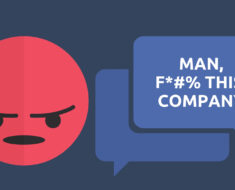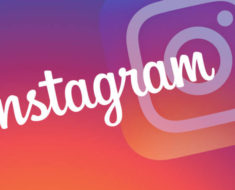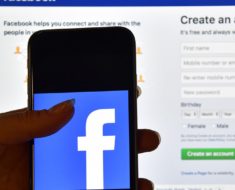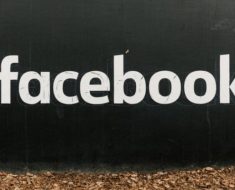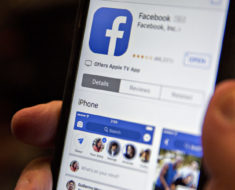
Social media has become an integral part of our lives, connecting us with friends and family, providing us with information and entertainment, and giving us a platform to express ourselves. However, while social media has many benefits, it can also have a negative impact on our mental health.
How does social media impact mental health?
- Social comparison: Social media platforms are often curated to present users with the best versions of other people’s lives. This can lead users to compare themselves to others and feel inadequate about their own lives.
- Fear of missing out (FOMO): Social media can create a sense of FOMO, as users see posts of their friends and family having fun and living exciting lives. This can lead users to feel like they are missing out on something and to experience anxiety and depression.
- Cyberbullying: Social media can be a platform for cyberbullying, which can have a devastating impact on victims’ mental health.
- Addiction: Social media can be addictive, and excessive use can lead to problems such as sleep deprivation, decreased productivity, and social isolation.
How have social media and globalization impacted mental health?
Social media and globalization have had a complex impact on mental health. On the one hand, social media has made it easier for people to connect with others from all over the world and to build supportive communities. On the other hand, social media has also exposed people to new and different cultures and values, which can lead to culture shock and identity conflicts.
Globalization has also led to increased competition and stress, which can contribute to mental health problems such as anxiety and depression.
How to manage well-being in a connected world
- Be mindful of your social media use: Set limits on how much time you spend on social media and be mindful of the content you consume.
- Connect with people in real life: Social media is not a substitute for real-life relationships. Make time for face-to-face interactions with your friends and family.
- Take breaks from social media: If you find that social media is having a negative impact on your mental health, take a break from it altogether for a few days or weeks.
- Seek professional help: If you are struggling to manage your mental health, seek professional help from a therapist or counselor.
Social media can have a positive or negative impact on our mental health, depending on how we use it. By being mindful of our social media use and connecting with people in real life, we can minimize the negative impacts of social media and maximize the positive ones.
Dil Bole Oberoi
